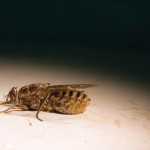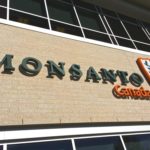Brussels | Reuters — The European Union on Thursday delayed a vote on renewing sales approval for the herbicide glyphosate, used in Monsanto’s Roundup, amid a transatlantic row over whether it may cause cancer. Experts from the EU’s 28 nations had been due to vote on a proposal to extend by nine years licensing of












